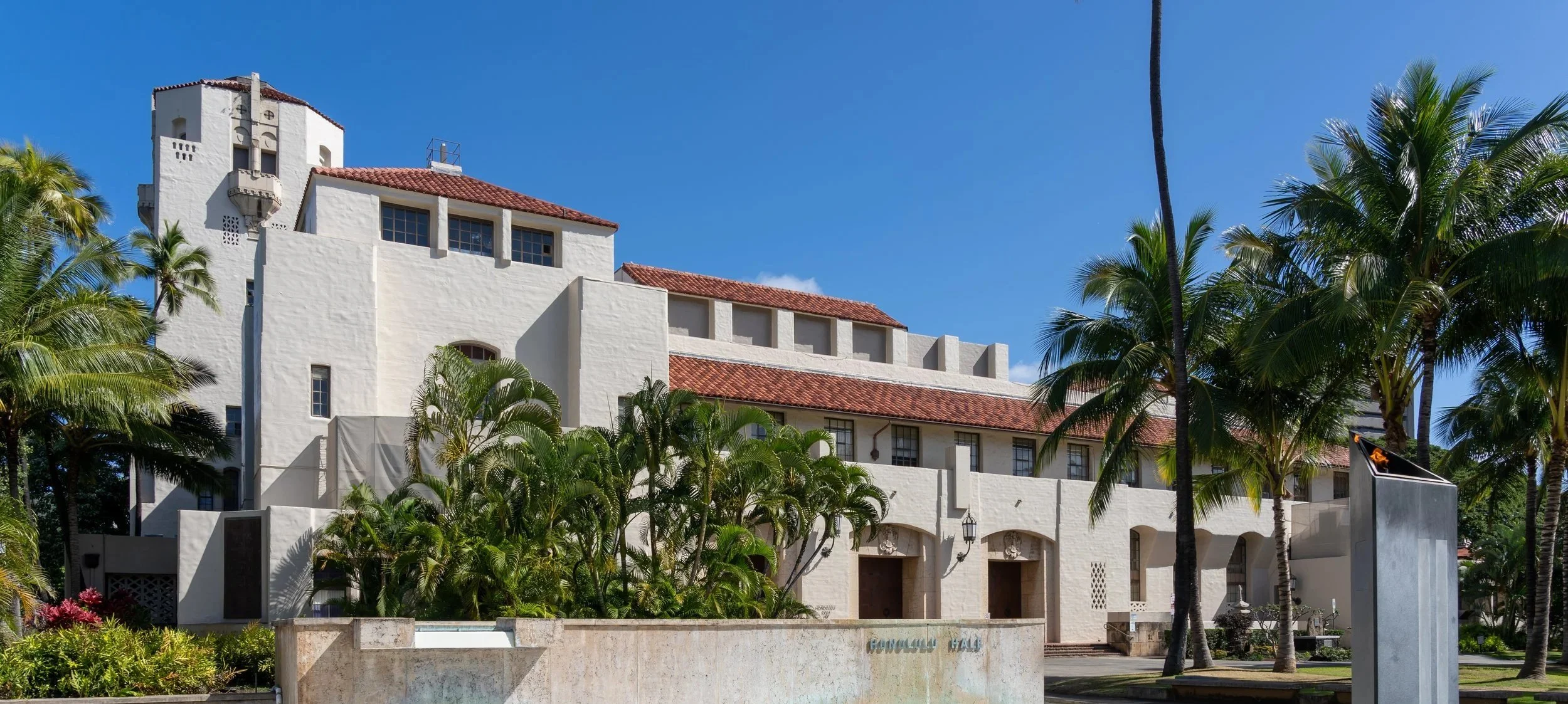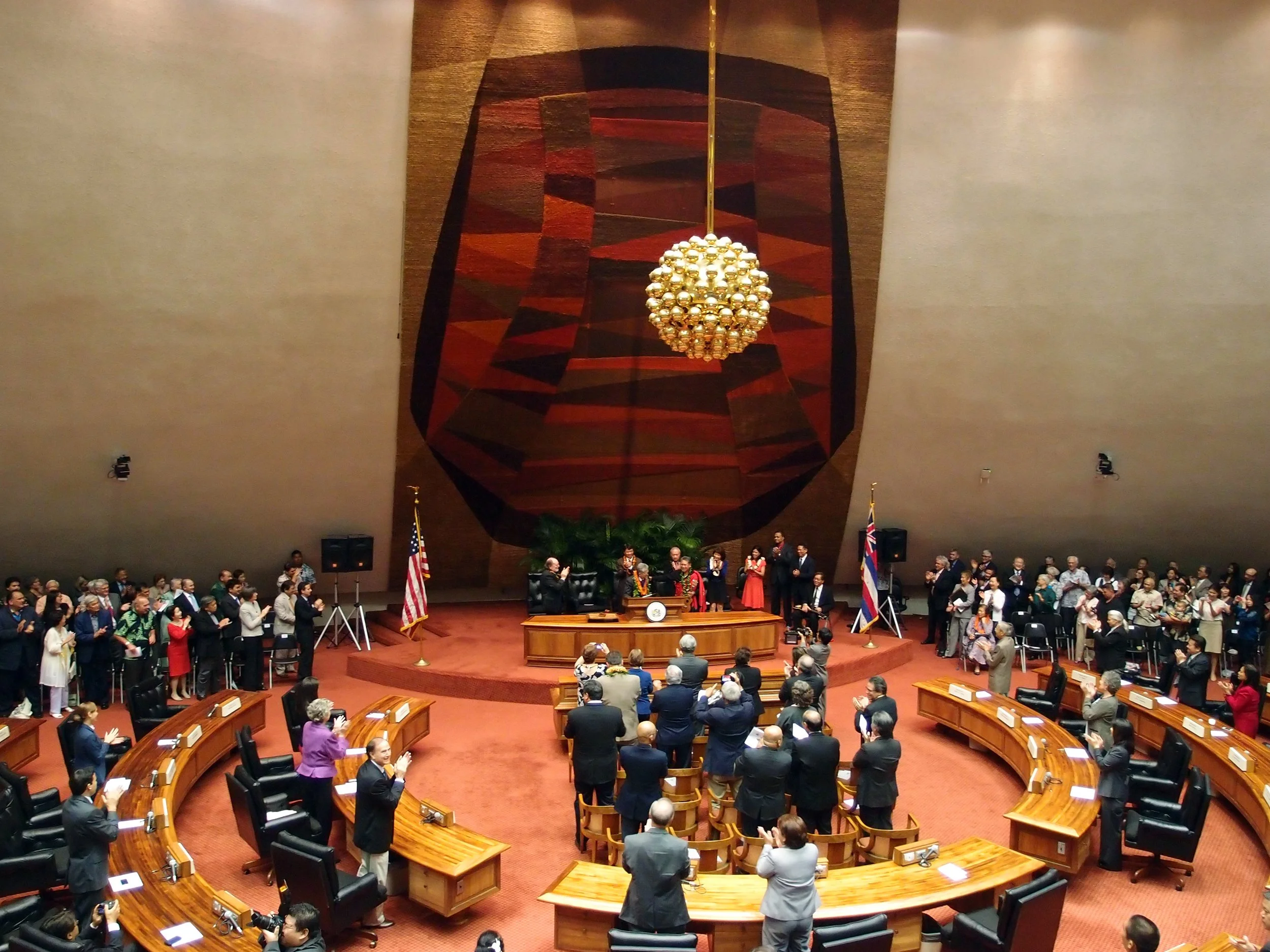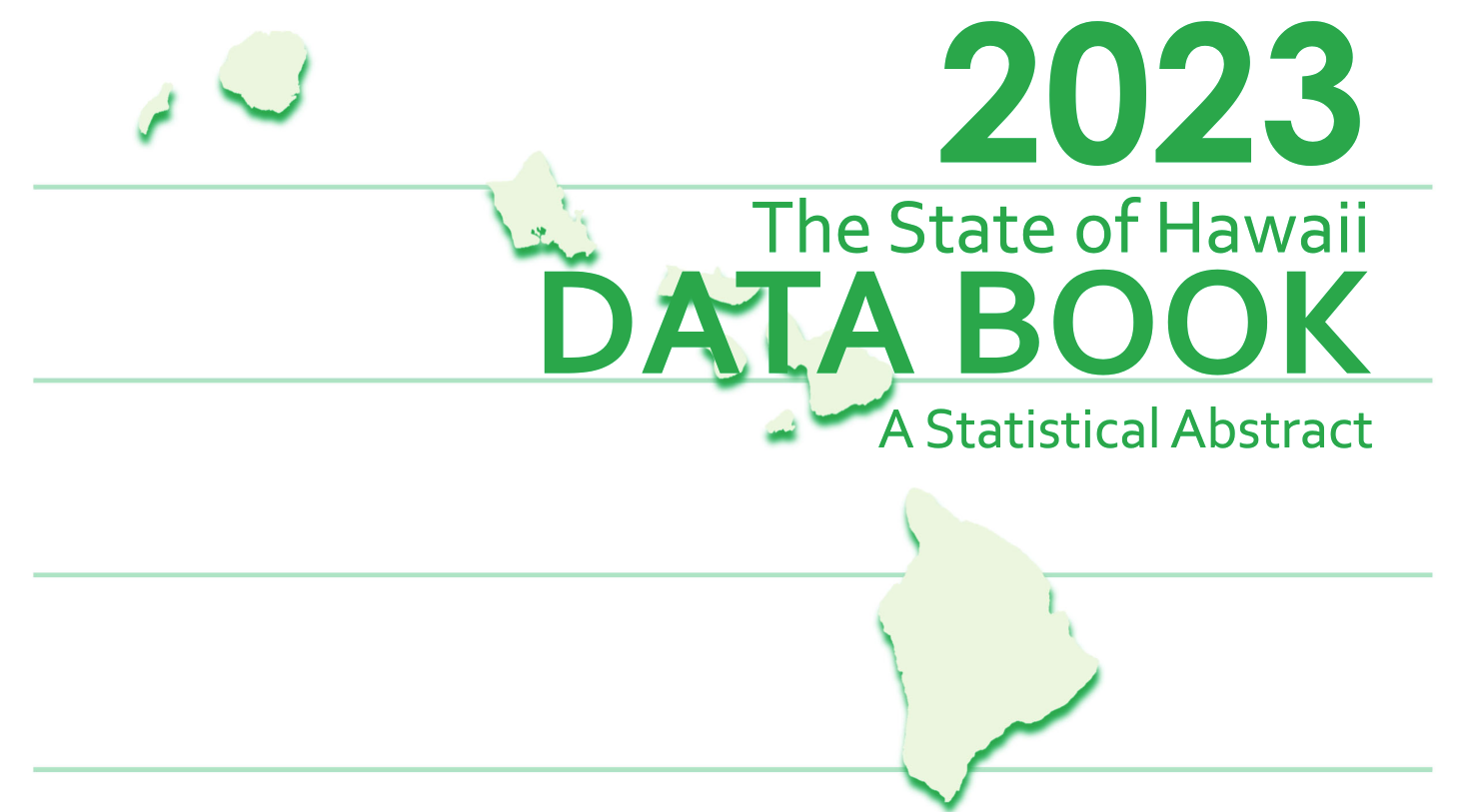News & Updates

Formalizing the Honolulu CDO and a New Office of Data and Innovation
In 2022, the City and County of Honolulu passed Ordinance 22-31, establishing the position of Chief Data Officer (CDO) within the Managing Director's Office. In light of the progress made, and the importance of timely and accurate data during uncertain times, Hawaiʻi Data Collaborative is supporting a proposal to codify the role of CDO and an Office of Data and Innovation through a proposed charter amendment.

HDC at HANOCON 2025: Local Data Resilience in a Time of Disruption
Hawaiʻi Data Collaborative’s (HDC) Nick Redding presented at this year’s HANOCON, the Hawaiʻi Alliance of Nonprofits’ (HANO) annual gathering of nonprofit stakeholders from across the state. The talk focused on what HDC is doing – and what nonprofits across the state can do – to build local data capacities and resilience to ensure Hawaiʻi has the information it needs to adapt, make decisions, and take care of our communities and community members who rely most on government and nonprofit services.

National Network Discusses Federal Data, AI, and Data Capacity Building
This month, the annual convening of the National Neighborhood Indicators Partnership (NNIP) was held in Charlotte, North Carolina. At such an unprecedented time for data, evidence, and local capacity, Hawai‘i Data Collaborative’s Emma Kern and Nick Redding attended the convening to learn from national peers about the ways in which data support organizations are adapting to the rapidly shifting data landscape.

The City and County of Honolulu Data Office is Growing!
Do you love working with data as much as we do, and want to apply that passion towards helping our community? We are excited to share that our partner Kira Chuchom, Chief Data Officer (CDO) at the City & County of Honolulu’s Office of the Mayor and Managing Director, is seeking data enthusiasts to join her team!

From Policy to Data Policy: A Recap of HDC’s 2025 Legislative Tracking
Data policy is the rules and guidelines that govern how data is collected, stored, used, shared, and protected. Good data policy helps make information more reliable and secure, while also making it interoperable - exchangeable and useful for developing insights. When organizations have clear standards that result in reliable, shareable, and useful data, silos often break down and ultimately these organizations and the customers or communities they serve receive better service and solutions.

How Dependent Are We on Federal Data?
Current changes in federal agencies and policies raise concerns about immediate consequences, with potential impacts that could extend for years to come. This is particularly true when it comes to the multitude of data sources we rely on for local decision making. In response, HDC has highlighted the need to make investments in local capacities to fill potential gaps.

Reflections from the Hawaiʻi Data and AI Summit: Data as More Than Just a Technical Solution
On May 14, 2025, the second annual Hawaiʻi Data and AI summit convened public sector staff along with industry experts to explore how government can leverage data and AI for improved decision-making, efficiency, and delivery of services to the public. Hawaiʻi Data Collaborative’s Thomas Lee attended the summit as a panelist on the State of Hawaii Data Task Force and AI Guidelines Update general session.

The Challenges Ahead for Federal Data: Insights from Recent Media Coverage
Among the sweeping changes underway in the federal government, changes across federal agencies responsible for measuring household circumstances are receiving less attention. In the absence of clear and informative official communications, media reporting is the best information we have to track ongoing changes within and across federal statistical agencies, and how the vast catalog of previously reliable public federal data – particularly data critical for understanding household need here in Hawai‘i and across the country – may be impacted over the longer term.
Change Management: The Enabling Work for Building Sustainable Data Capacity
Building data capacity and culture implies change for an organization. From implementing a digital intake form, to adopting a new app, to developing a data-guided strategy, folks within and even beyond the organization will experience the impact of change. And, the question of whether that change is positive or negative is often determined by how it is planned, presented, and rolled out.

Employment Opportunity with Hawai‘i Data Collaborative: Research & Analysis Specialist
We are recruiting a Research and Analysis Specialist to support our ongoing work to make data in Hawai‘i more accessible, meaningful and relevant for addressing pressing challenges. This role will be responsible for supporting the research and analysis needs of community partners across a range of topics and use cases, primarily centered around the domain of household assistance (e.g. housing, food security, etc.).

Resources for Tracking and Accessing Purged Federal Data
In January, we used our monthly blog post to highlight potential data-relevant concerns that we anticipated from the incoming presidential administration. Among the many consequences of the sweeping changes that have been initiated, the rescinding or purging of multiple federal data sources covering a range of issues including health, economy, and climate began last week.

Building Data Capacities for the Uncertainties Ahead
According to a recently released report from Aloha United Way, 40% of households in Hawai‘i are below the “ALICE threshold,” where expenses outpace or are precariously close to income. The years ahead are likely to present new challenges for supporting Hawai’i’s struggling households, as federal funding and data policies are likely to shift under the new administration and majorities in Congress. As potentially significant changes in federal policy loom, we will need to do much more to ensure local stakeholders and policymakers have the best data available when confronted with tough decisions.

National Neighborhood Indicators Partnership: A National Network Supporting Local Data
In September 2024, HDC’s Emma Kern attended the National Neighborhood Indicator Partnership (NNIP) Partners’ Meeting in Detroit, Michigan hosted by NNIP partner Data Driven Detroit. From coordinating partner cities and organizations across the country that support local priorities, to recruiting new cities and advancing equity on the national level, NNIP is a growing network of changemakers dedicated to using data to shape strategies and investments so all neighborhoods are places where people can thrive.

Elevating Our Partnerships In a Shared Vision for a Thriving Household Need Data Ecosystem
Since the release of our latest Data Landscape Report for 2024, we have been inspired by the discussions it has catalyzed and are excited by the energy beginning to develop around building data capacities and data culture for supporting households in need. Mahalo to the Hawai‘i Alliance of Nonprofit Organizations for creating space for a panel discussion on “Data Capacities and Culture in Human Service Organizations” in October at this year’s HANOCON.

Enhancing Hawai‘i’s Household Need Data Landscape: An Update to Aloha United Way’s 211 Search Engine and Dashboard
Aloha United Way (AUW) has connected Hawaiʻi residents to social services through 211 since 1990 when they transitioned a paper record-based service to an electronic database of over 3,000 health and human service programs across Hawai‘i. Since then, AUW 211 has emerged as an important resource that allows community members to access social services of all kinds. By offering a call line, text, email, live chat, and online access, AUW helps community members in need navigate a service provider landscape that may offer a lot of assistance but can be difficult for many to access on their own.

Meet the City and County of Honolulu’s First Chief Data Officer: Kira Chuchom
Kira Chuchom joined the City and County of Honolulu on April 1, 2024 as its first Chief Data Officer. Hawaiʻi Data Collaborative sat down with Chuchom to discuss her background, what excites her about this new position, her experience in the role so far, and her approach and vision for making data work better for our government and community.

Kumukahi Health + Wellness: When a Data Dashboard Makes Sense
With significant growth over the last several years, the team at Kumukahi Health + Wellness developed a desire to use their data to improve programs, and demonstrate the impact of their work beyond reporting requirements. With several programs collecting and storing data in different systems, while continuing to expand services, the challenge of visualizing all of the data in a centralized platform seemed daunting but necessary for Kumukahi to assess the full impact of its work.

Employment Opportunity with Hawai‘i Data Collaborative: Data Visualization Specialist
We are recruiting a Data Visualization Specialist to support our ongoing work to make data in Hawai‘i more accessible, meaningful and relevant for addressing pressing challenges. In this role, you will be responsible for building data visualization and dashboard products across a range of topics and use cases, primarily centered around the domain of household assistance. Hawai‘i Data Collaborative works mostly through partnerships with non-profit, philanthropic and government stakeholders, so this role will necessarily entail collaboration with both internal team members and counterparts in partner organizations.

In Our Latest Report, We Profile Four Organizations with a Shared Vision for a Thriving Household Need Data Ecosystem
We are excited to share our latest Data Landscape Report for 2024. Since our last report in 2022, we have partnered with frontline service providers, philanthropic funders, and government stakeholders to address their data challenges by building data capacities for a more insightful and connected data ecosystem. Now in year three of working alongside community partners to build these data capacities, we are releasing this report to highlight the stories of four organizations actively working to transform how they use and share data to improve outcomes for the households they serve, sharing a vision for a thriving data ecosystem.

NTEN’s Nonprofit Technology Conference: An Opportunity for Hawai‘i Nonprofits to Get Resourced
Nonprofits often lag behind for-profit entities in terms of data capacity and technology access. Lack of general funding and human resources, in addition to programmatic funding and operations structures prioritizing direct services over capacity building are all challenges that nonprofits across the country, including Hawaiʻi service providers, often face. NTEN is an organization that supports nonprofits in leveraging technology to increase impact and equity. Similar to Hawaiʻi Data Collaborative (HDC), NTEN’s focus is on providing capacity-building resources and support to nonprofits rather than offering direct services that address specific issues.
